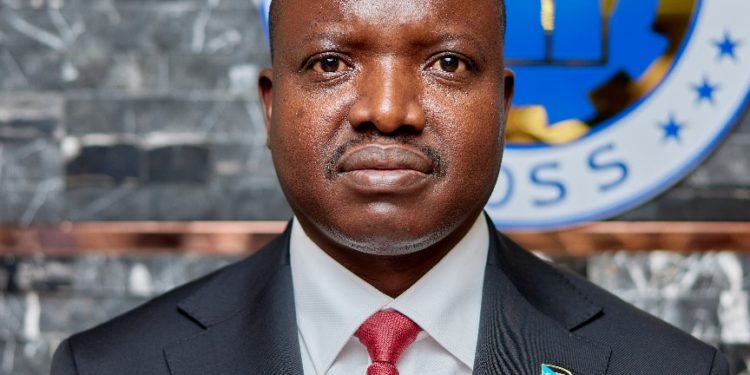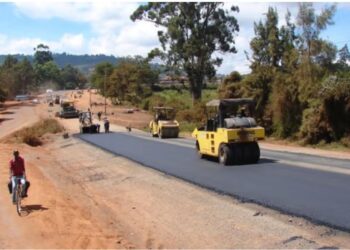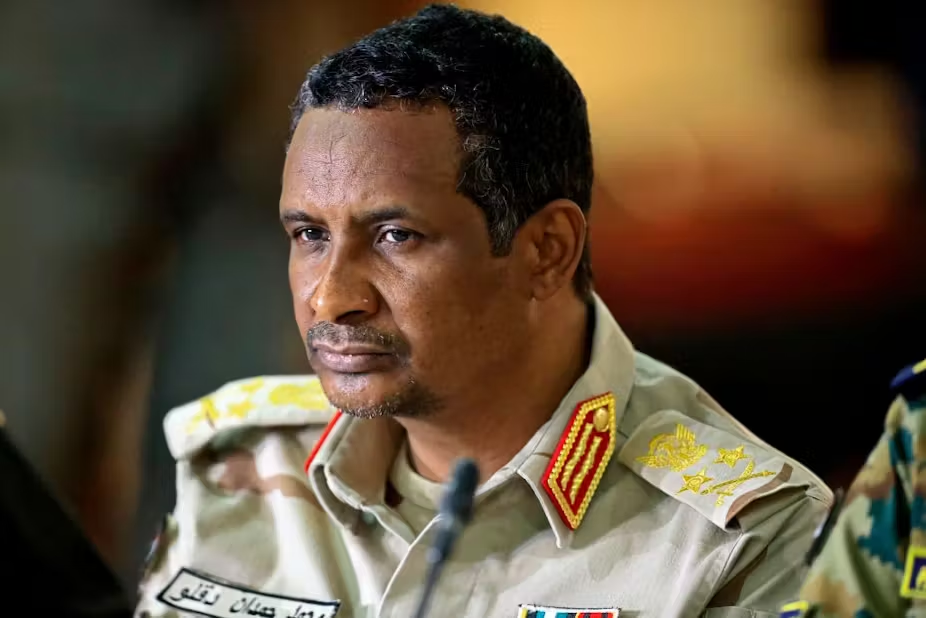By SUDAN TRIBUNE
March 5, 2024 (JUBA) – South Sudan’s economic cluster has unveiled plans to control hiking consumer prices, allaying fears inaction could spur a popular uprising in a country grappling with the rising cost of living caused by a host of economic, security and political issues.
President Salva Kiir chaired the meeting attended by the governor of the central bank, James Alic Garang, presidential adviser on security affairs Tut Gatluak, and the senior presidential envoy on special program Benjamin Bol Mel, minister of presidential affairs, Joseph Bangasi Bakosoro.
The Inspector General of Police, Gen Atem Marol Biar, Director General of the Internal Bureau of the National Security Services, Gen Akol Koor Kuc, and all other key organs of the security forces were in attendance at the meeting held at the presidential palace on Monday.
The Ministry of Trade, Ministry of Investment, Ministry of Petroleum, Ministry of Finance, Ministry of Road and Bridges, Ministry of Transport, Ministry of Agriculture, and Food Security are also some of the economic clusters whose ministers or representatives participated in the meeting.
South Sudan’s minister of presidential affairs Joseph Bengasi Bakosoro told reporters in a statement broadcast by the state-owned South Sudan Broadcasting Corporation on Monday evening that the president chaired an economic cluster committee, bringing together key institutions and organs to discuss and agree on a unified way to address the soaring consumer prices in the market.
The meeting resolved to increase the collection of non-oil revenue, and supply of food items into the markets at a subsidized price.
The leaders also agreed to supply fuel in the country, allocate funds to support agricultural projects, and auction amounts of money to stabilize the exchange rate in the market.
The meeting also resolved to ban the sale of dollars and other foreign currencies on the street as well passed a resolution banning the erection of illegal checkpoints throughout the country and directed all security organs to immediately implement the directive without fail.
The South Sudanese leader used the meeting to emphasize the significance of collaboration and coordination of plans, activities, and implementation of directives aimed at curbing the soaring inflation and steering the economy of the country towards sustainable growth and progress.
The meeting affirmed the commitment of the government to address economic challenges and foster a conducive economic environment for the citizens. The meeting was attended by an attempt to address the soaring prices in the markets following a sharp decline in the value of the South Sudan pound against the dollar.
The decline in the value of local currency triggered a rise in consumer prices throughout the country, with motorbike riders and drivers of the public threatening to go on strike.
South Sudan relies heavily on the production of oil exported to the international markets through Sudan but the current conflict in Sudan and the Israel-Palestinian conflict has been disrupting, following as activities by Yemen’s Houthis interfere with the movement of ships in the international bodies carrying cargoes of oil.
The official exchange rate of the bank on Monday shows the South Sudan pound trading at 1518 against 1 dollar while the parallel sells at 1700 south Sudan pound.
This sharp difference has sparked widespread concern, with many government officials fearing it could trigger a nationwide protest that could topple the government of President Salva Kiir whose policies have been the subject of concern and criticism since 2005.
(ST)







Discussion about this post